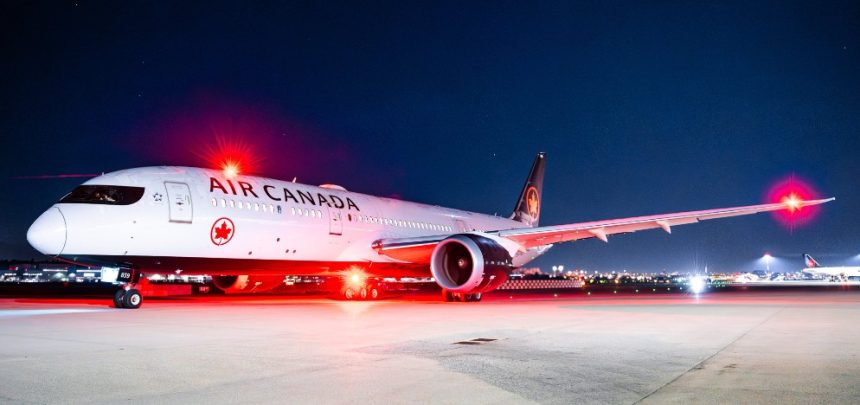Air Canada Strike: Flight Attendants’ Walkout Enters Day Four as Negotiations Resume
The stand-off between Air Canada and its flight attendants has stretched into a fourth day, leaving travellers stranded and summer holiday plans in tatters.
The disruption, sparked by an air canada strike flight attendants’ protest over pay and working conditions, continues despite government orders for staff to return to duty.
The strike has already grounded flights across the country, with Air Canada crews bringing operations to a halt in the first days of the walkout
Hundreds of thousands of passengers have faced delays and cancellations during one of the busiest travel periods of the year. While mediation talks quietly resumed in Toronto late Monday, the Canadian Union of Public Employees (CUPE) confirmed the strike is still very much in motion.
Letter from Mark Hancock, National President of the Canadian Union of Public Employees (CUPE) regarding Air Canada Negotiations pic.twitter.com/zYYpln4CGv
— LabourStart Canada (@LabourStartCanE) August 17, 2025
“The union met with Air Canada and mediator William Kaplan in Toronto,” CUPE said in a statement online. Yet no breakthrough has been achieved.
The situation has grown beyond a single company dispute, drawing attention from other labour groups across Canada, some of whom are already promising financial and moral support.
At the centre of the row is pay — and recognition of duties performed on the ground. Flight attendants argue they should be compensated for time spent boarding passengers and carrying out safety checks before take-off.
Air Canada’s CEO insists the airline has put forward a strong offer, defending a “38 per cent boost to flight attendants’ total compensation.” But the union disagrees, saying the actual wage rise works out to just 17.2 per cent spread over four years.
The Canada Industrial Relations Board (CIRB) has declared the strike unlawful, yet CUPE’s leadership refuses to yield. Its leader has said he is prepared to risk jail rather than see members forced back to work.
For many, that defiance has turned the walkout into something bigger — a symbol of growing unrest among workers nationwide.
Meanwhile, passengers are paying the price. Retiree Klaus Hickman missed a connection in Toronto and is worried about reaching Germany in time for his return flight.
He sympathises with workers but admits the uncertainty is affecting his health. “They want to get more money to survive. And so it is with everybody else,” he said.
Another traveller, James Numfor, 38, has been stranded in Toronto with his children after returning from Cameroon for his brother’s funeral.
“We sleep in the airport (…) we find any place comfortable with the kids, they just lay down,” he said, adding that Air Canada only covered one night of hotel accommodation before leaving his family to fend for themselves.
Pressure is now mounting on the Canadian government to step in. Legal enforcement, emergency legislation, and even expedited hearings have been floated as options. But with parliament not set to reconvene until mid-September, action remains uncertain.
Unions, however, are not backing down. Bea Bruske, President of the Canadian Labour Congress, was blunt: “All cards are on the table in terms of what unions are prepared to do to ramp up a fightback campaign.”
Air Canada’s pilots have echoed that sentiment, pledging support for their colleagues. “Air Canada pilots support our flight attendant colleagues in their ongoing struggle to achieve the fair contract they have earned,” their union said in a statement.
This dispute is no longer simply about one airline or its workforce. It speaks to wider frustration over stagnant wages, rising costs, and workplace demands across Canada.
For Air Canada, which usually carries around 130,000 passengers per day as part of the Star Alliance, the strike has become more than a scheduling nightmare. It is now a national flashpoint.
For stranded travellers, the waiting drags on. For flight attendants, the fight is only gathering strength.






